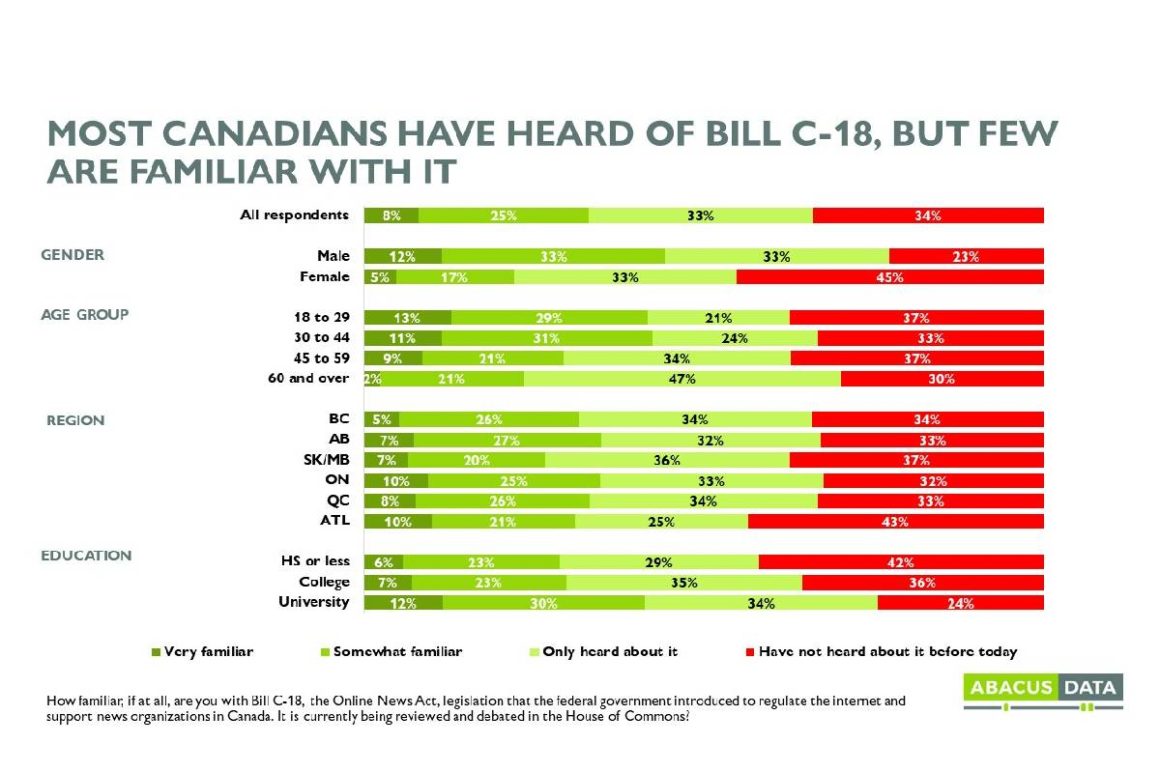Table of Contents
A Paradigm Shift: The Emergence of the Online News Act
Unveiling a bold new legislative landscape, the Government of Canada has recently implemented Bill C-18, commonly called the Online News Act. This unique legislation stipulates payment for the exhibition of news links, a traditionally cost-free practice.
Unraveling the “Link Tax”: A New Chapter in Online Legislation
Introducing a “link tax” is at the heart of the discussion surrounding this contentious legislation. This innovative idea of charging for hyperlinks adds a fresh layer of complexity to the erstwhile unrestricted world of internet browsing, hitting the operations of technology giants that heavily rely on these links.
Uncharted Territory: Implications of the Link Tax for Digital Services
Beyond a simple financial reshuffle, the imposition of a link tax raises various potential difficulties for digital service providers. Unforeseen financial liabilities now haunt companies that facilitate Canadians’ access to local news content, fundamentally altering the dynamics of digital information exchange.
Luis Alvarez, CEO of the Alvarez Technology Group, notes, “This bill introduces a new level of uncertainty. Tech companies now face an undefined financial obligation for a service that was previously free of charge.”
Google’s Protest Against Bill C-18
Global search engine leader, Google, has also entered the conversation, expressing disapproval of this legislation for over a year. Google holds firm that this approach misinterprets supporting Canadian journalism, leading to potential severe modifications to its suite of products and services.
The Broader Consequences of the Link Tax
The proposed link tax transcends immediate financial burdens, indicating a possible shift in the mode of access and sharing of online content and news. For average internet users, this could signal the beginning of a new era, where their daily news access comes with an unprecedented price tag.
Journalism in Canada: A New Direction?
While the Canadian Government’s commitment to protecting journalism is clear, the pertinent question remains: Is this the optimal strategy? Are consumers of news prepared to face the repercussions of this new legislation that could hinder their seamless access to information?
Troy Drever from Pure IT in Calgary shares this sentiment: “This legislation fundamentally changes the landscape. It will be interesting to see how consumers react when their unrestricted access to information could be compromised.”
The Underlying Philosophy of the Internet: Free Information
The essence of news is the free dissemination of information. Monetizing this process instills a fear of limiting access to crucial news content, threatening the internet’s core principle of uninhibited information sharing.
A Plea for Reassessment
Amid these monumental shifts, Google continues to uphold its stand against Bill C-18. The company advocates that it is an incorrect tactic to cultivate journalism in Canada, adding to the growing number of voices demanding a reevaluation of the bill. This plea could significantly influence the future trajectory of journalism, technology, and news accessibility in Canada.
Final Thoughts
In conclusion, the advent of Bill C-18, the Online News Act, by the Government of Canada, signals a massive overhaul in online news and digital services. The contentious “link tax” brings many challenges for tech giants like Google and could redefine how ordinary citizens access news. As the discussion around this bill continues to unfold, the far-reaching impact of this legislation on Canada’s digital landscape is a subject of intense debate.


